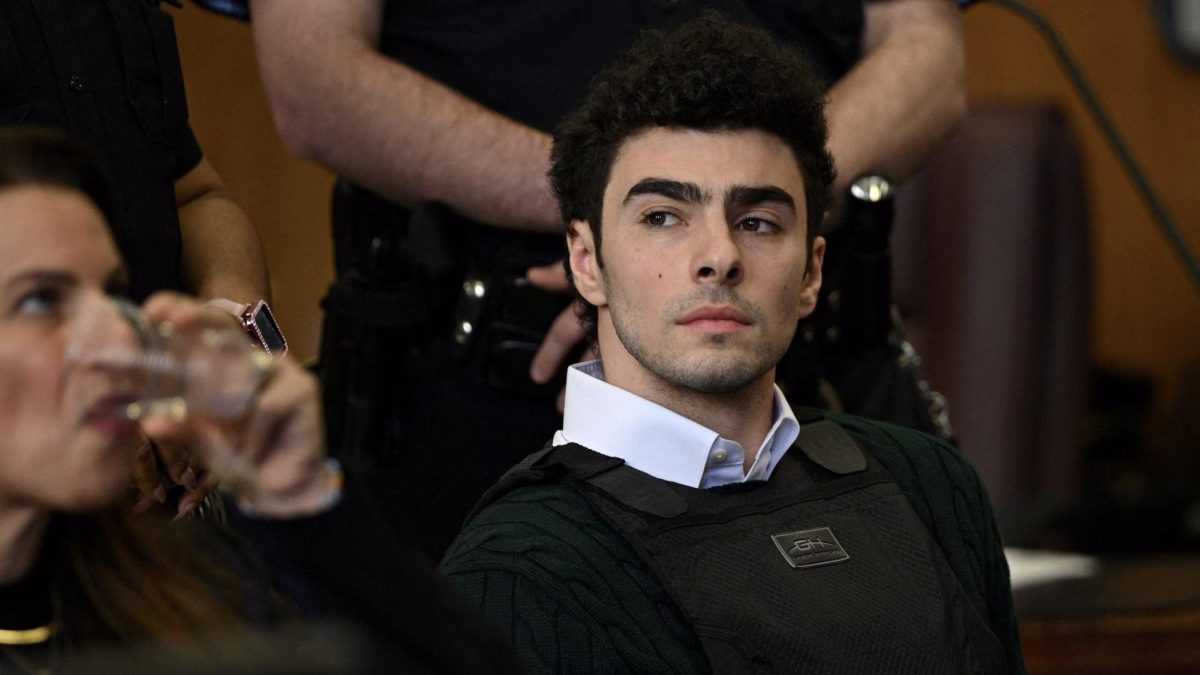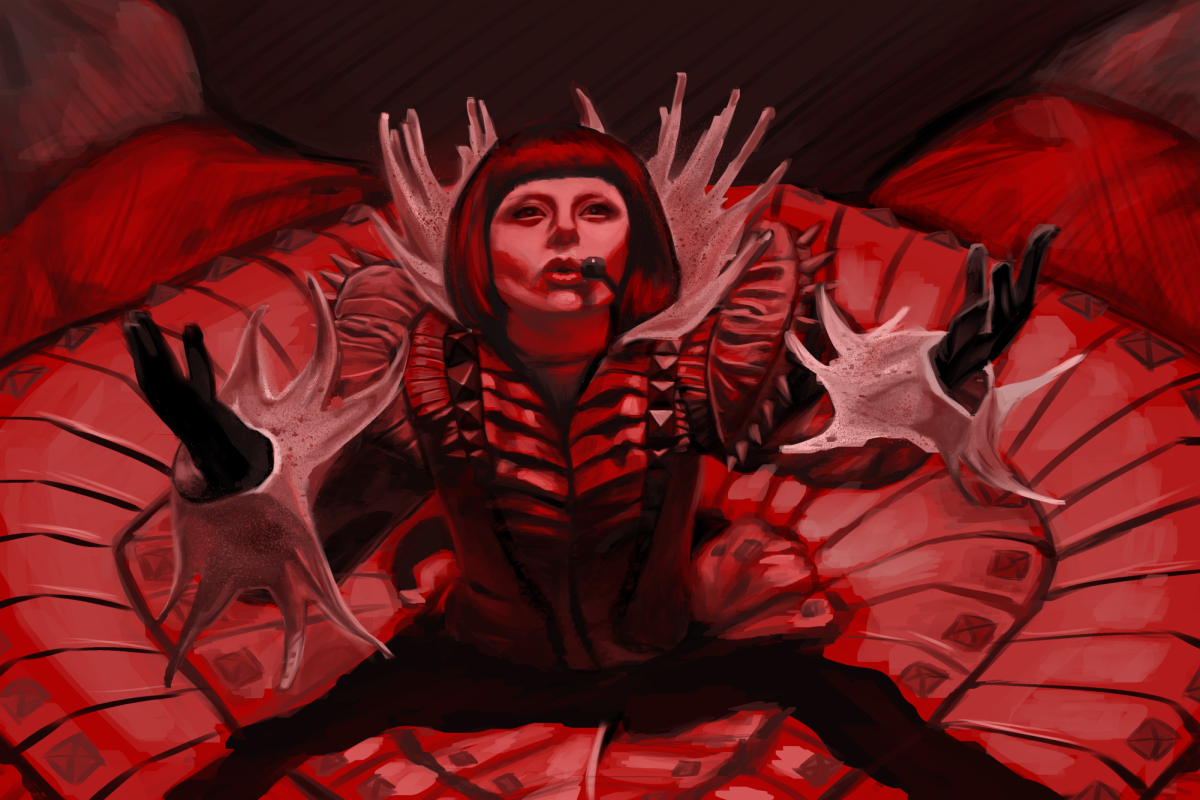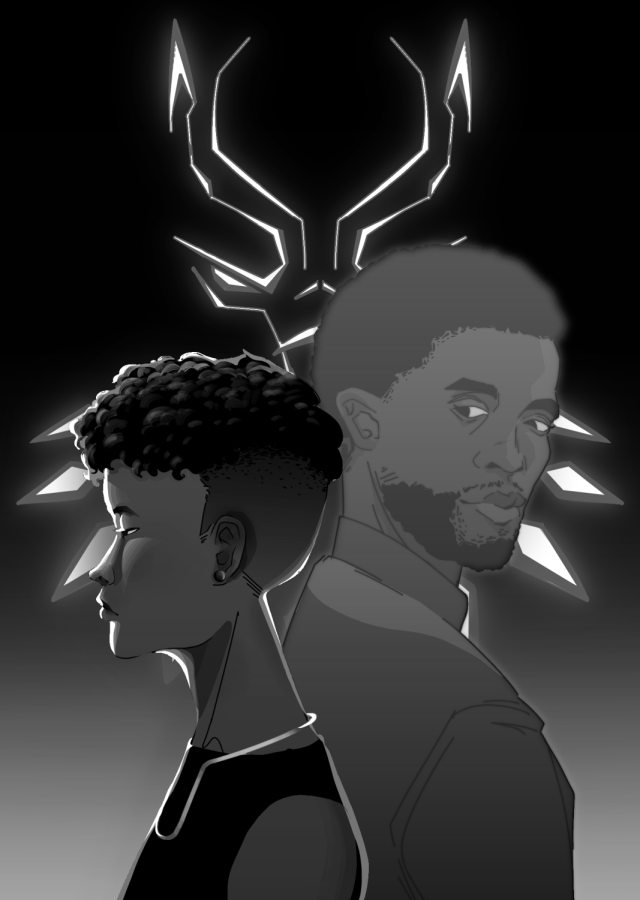The long-awaited “Black Panther: Wakanda Forever” finally hit theaters on Nov. 11. Successor to the wildly popular “Black Panther,” the highest-grossing film of 2018, the sequel is carried out wonderfully by its vivid storytelling but falls flat in its theme execution and overall structure.
Opening with the sudden death of King T’Challa (Chadwick Boseman), the Black Panther who passed away from a mysterious, incurable illness, the movie follows his family’s journey in grief while defending the East African nation of Wakanda from outside forces, including the newly introduced underwater kingdom, Talokan. The focus shifts to T’Challa’s younger sister, Shuri (Letitia Wright), who fends off Talokan’s malice and reignites Wakandan patriotism following their patriarch’s death.
Most notably, the film does a beautiful job honoring Boseman after his tragic passing in 2020. Skepticism around how the sequel would tackle this was a given, as Boseman’s heartwarmingly tender dimension to the heroic character of Black Panther was a staple to the movie and would be difficult to replace.
However, Boseman’s presence — or lack of it — is not glossed over, but acknowledged as something forever part of the franchise. T’Challa is explicitly missed by those who knew him, especially Shuri and their mother Ramonda (Angela Bassett) as they struggle to rekindle their mother-daughter bond.
Carrying on the story, main leads Wright and Bassett notably deliver phenomenal acting, garnering applause from many. Wright puts on a powerful performance as Shuri, gradually morphing from her previous role as the younger sister working behind the scenes to a multi-faceted and determined leader, stepping out of her late brother’s shadow. Meanwhile, Bassett gives Queen Ramonda a complex depth that resonates with the audience as she buries her struggle with losing her family, putting the needs of her nation before hers.
Despite the overall positives, the messy structure of the film hinders the experience somewhat, running just over 160 minutes. Marvel’s attempts at exploring Talokan are long-winded, relying on long underwater CGI montages to show off the nation’s architecture rather than shedding light on how its society functions or further developing its key characters.
In general, the movie fails to make the most of its lengthy runtime and neglects developing its themes. The recurring subject of colonialism is given decent enough exposition — the nation’s Indigenous and Mesoamerican roots are fleshed out well, touching on the Spanish colonization and enslavement of the Mayans, whom the kingdom’s inspiration derived from.
The cultural significance, though, becomes lost as Talokan and Afrofuturist Wakanda are pitted against each other over American technological advancements, losing the opportunity to unite them against their common enemy: the European nations that plot to unearth Wakanda’s abundant vibranium store, which puts the vibranium-constructed kingdom of Talokan at risk.
Poignant yet spirited, “Wakanda Forever” successfully carries the torch from its predecessor, thanks to a uniquely loss-driven plot that incorporates a balanced amount of action and character development. Though lapses in narrative momentum make parts of the film clunky, Shuri’s journey to filling her brother’s shoes and beyond as her nation’s new leader is an emotionally charged one worth the watch.



















































